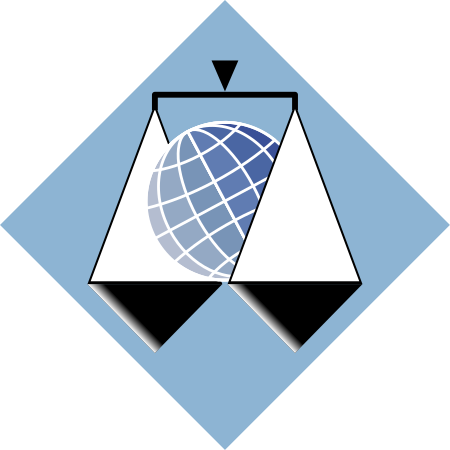International Criminal Tribunal for the former Yugoslavia

The International Criminal Tribunal for the former Yugoslavia (ICTY) was a body of the United Nations that was established to prosecute the war crimes that had been committed during the Yugoslav Wars and to try their perpetrators. The tribunal was an ad hoc court located in The Hague, Netherlands. It was established by Resolution 827 of the United Nations Security Council, which was passed on 25 May 1993. It had jurisdiction over four clusters of crimes committed on the territory of the former Yugoslavia since 1991: grave breaches of the Geneva Conventions, violations of the laws or customs of war, genocide, and crimes against humanity. The maximum sentence that it could impose was life imprisonment. Various countries signed agreements with the UN to carry out custodial sentences. A total of 161 persons were indicted; the final indictments were issued in December 2004, the last of which were confirmed and unsealed in the spring of 2005. The final fugitive, Goran Hadžić, was arrested on 20 July 2011. The final judgment was issued on 29 November 2017 and the institution formally ceased to exist on 31 December 2017.Residual functions of the ICTY, including oversight of sentences and consideration of any appeal proceedings initiated since 1 July 2013, are under the jurisdiction of a successor body, the International Residual Mechanism for Criminal Tribunals (IRMCT).
Excerpt from the Wikipedia article International Criminal Tribunal for the former Yugoslavia (License: CC BY-SA 3.0, Authors, Images).International Criminal Tribunal for the former Yugoslavia
Johan de Wittlaan, The Hague Scheveningen
Geographical coordinates (GPS) Address Nearby Places Show on map
Geographical coordinates (GPS)
| Latitude | Longitude |
|---|---|
| N 52.0944 ° | E 4.2843 ° |
Address
ICTY (Yugoslavia Tribunal)
Johan de Wittlaan
2517 KR The Hague, Scheveningen
South Holland, Netherlands
Open on Google Maps







